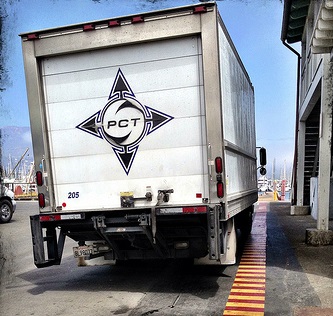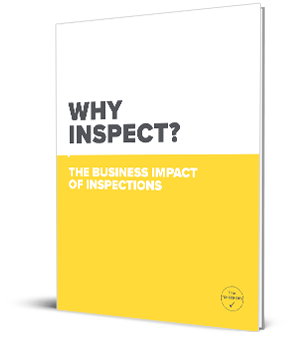Not long ago, I visited the warehouse of a chemical manufacturer to give some safety training. They are a company that very much understands the importance of inspecting the chemicals delivered to them for processing, and they have a solid program in place to inspect every chemical drum before acceptance.
 Nonetheless, while I was there, they started smelling a strange chemical smell in their warehouse. Even with all their diligence, a drum had gotten through with a bad stopper. It took them a week of pulling down drums with forklifts to inspect them one by one until they found the culprit.
Nonetheless, while I was there, they started smelling a strange chemical smell in their warehouse. Even with all their diligence, a drum had gotten through with a bad stopper. It took them a week of pulling down drums with forklifts to inspect them one by one until they found the culprit.
For this manufacturer, such an incident is just one of those things you have to chalk up to human error, rather than a process failing. They had the right procedures in place, but someone made a mistake and overlooked the bad drum.
But just imagine what companies face if they don’t have an inspection process in place for shipments! They are relying solely on their suppliers to ensure that shipments are free of defects—and that’s asking for trouble.
It doesn’t matter whether you’re dealing with hazardous chemicals or any other product, if you’re not inspecting shipments, you’re ultimately going to spend more time and money correcting problems caused by the defects than if you had taken the simple step of carefully inspecting each delivery.
The reality, however, is that many businesses don’t inspect regular shipments. The goods come in off the truck and there are a hundred other things to do at the time, so they just put the new inventory in with the old.
When faced with time pressures, it’s easy to assume that because something is coming straight from the supplier as “new” that there won’t be a problem with it.
That’s true most of the time, but the exception can prove quite costly.
Shipment inspections are a best practice for any business, and it doesn’t have to be a complex, time-consuming process. You just need to establish a simple inspection procedure that’s followed every time. Using an inspection checklist such as The Checker, inspections can be conducted quickly and efficiently.
Takeaway Point
Don’t take for granted that something coming straight from a supplier is free of defects. You need to inspect all shipments—preventing defects from causing problems down the road and keeping your suppliers on their toes.
Image courtesy of Damian Gadal, Creative Commons.











